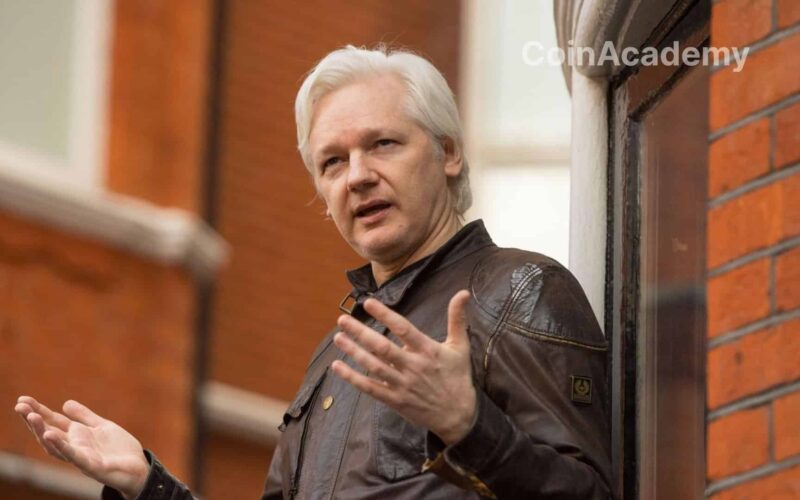Julian Assange Pleads Guilty to Conspiracy and Will Be Released
Julian Assange, the founder of WikiLeaks, has been released from the high-security Belmarsh prison in London and has left the UK after reaching a plea agreement with US prosecutors.
This decision brings an end to a long legal saga related to the disclosure of classified documents.
According to court documents, Assange has pleaded guilty to a charge of conspiracy to obtain and disseminate classified information related to the US national defense. While the agreement with the Department of Justice (DoJ) is not yet formally finalized, WikiLeaks announced that Assange had already flown out of the UK after being granted bail.
The Stakes and Reactions
The case involves what prosecutors have described as one of the largest leaks of classified material in US history. Washington argues that the release of this information jeopardized the lives of intelligence agents, a claim that Assange’s lawyers contest.
“Julian Assange is free,” declared WikiLeaks, adding that he had “paid dearly” for publishing stories of “government corruption and human rights violations.”
Assange is expected to enter his plea on Wednesday morning at a federal court in Saipan, in the Northern Mariana Islands, a US commonwealth north of Guam. The sentencing will follow immediately after the plea submission. Assange has already served 62 months in prison in the UK, and prosecutors are not seeking to extend his incarceration.
Choice of Court and Political Reactions
The Saipan court was chosen because Assange refused to conduct proceedings in mainland US. This location is also closer to his home country, Australia, where he is expected to go after the proceedings conclude. Assange’s wife, Stella, said to the BBC, “It’s finally over.”
Regardless of one’s opinion on Mr. Assange’s activities, the case has dragged on for too long. There is nothing to gain by continuing his incarceration, and we want him brought back to Australia.
Australian Prime Minister
Australian Prime Minister Anthony Albanese applauded Assange’s release as a “welcome development,” but emphasized that the proceedings were “crucial and delicate.”
WikiLeaks’ History and the Assange Case
Assange founded WikiLeaks in 2006 to share leaked documents and shed light on powerful and secretive organizations. In 2010, the site published secret military and diplomatic documents provided by Chelsea Manning, a US Army intelligence analyst. These revelations received accolades for exposing US operations in Afghanistan and Iraq, but were also criticized for putting lives at risk.
Chelsea Manning was convicted of espionage in connection with the WikiLeaks documents, and her 35-year prison sentence was commuted by Barack Obama in 2017, just before leaving the White House.
In 2010, Sweden issued an arrest warrant for Assange in connection with an investigation into rape, which led him to seek refuge in the UK. In 2012, after a decision by the UK’s highest court allowing his extradition to Sweden, Ecuador granted him asylum in its embassy in London. In 2019, when Ecuador revoked Assange’s asylum, London police arrested him at the DoJ’s request.
US prosecutors sought to extradite Assange to face charges of computer intrusion conspiracy, and later added additional espionage charges. Assange has fought these efforts, arguing that he faces a potential life sentence if convicted. In May, the High Court in London allowed him to appeal the extradition order.




